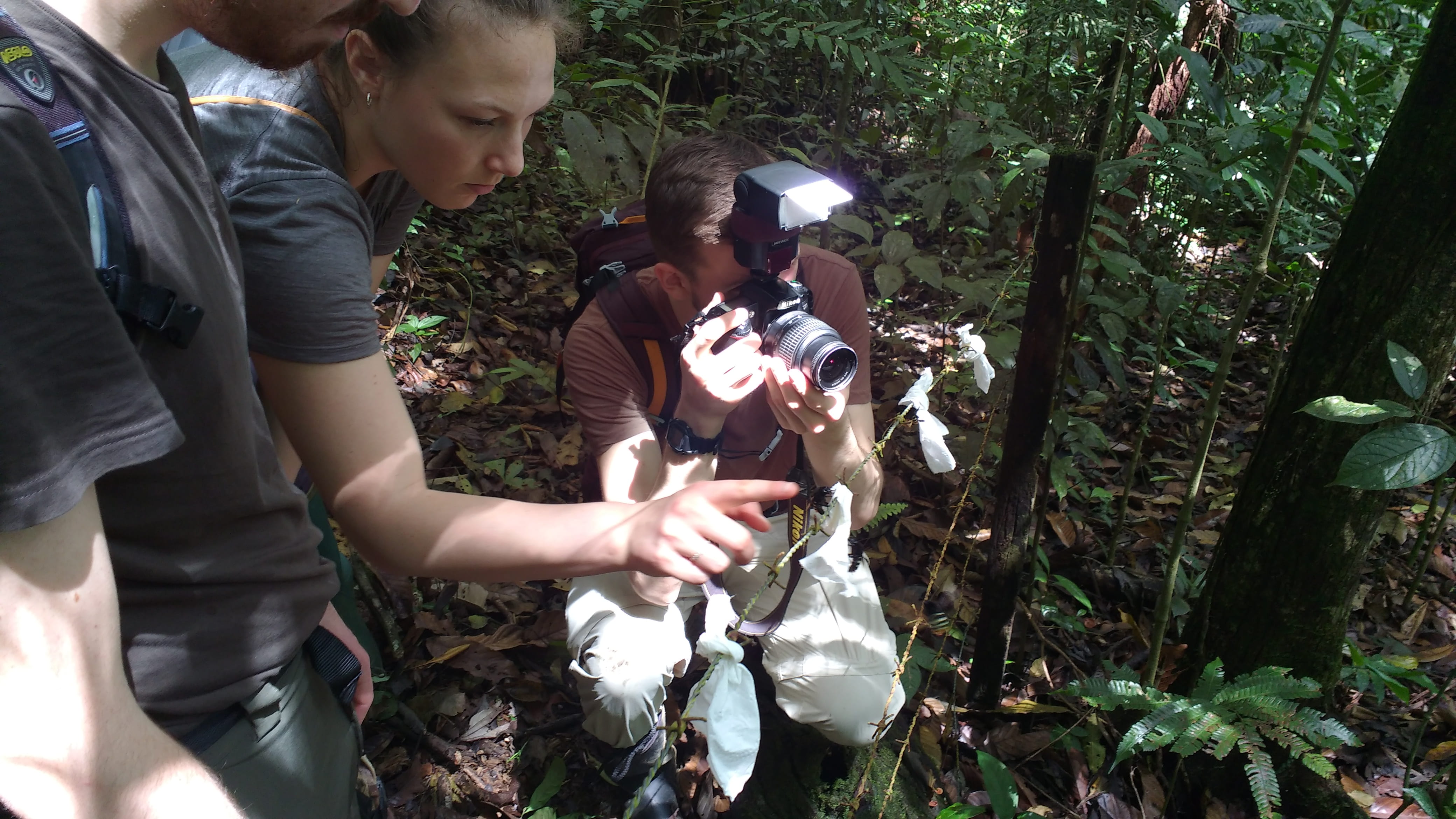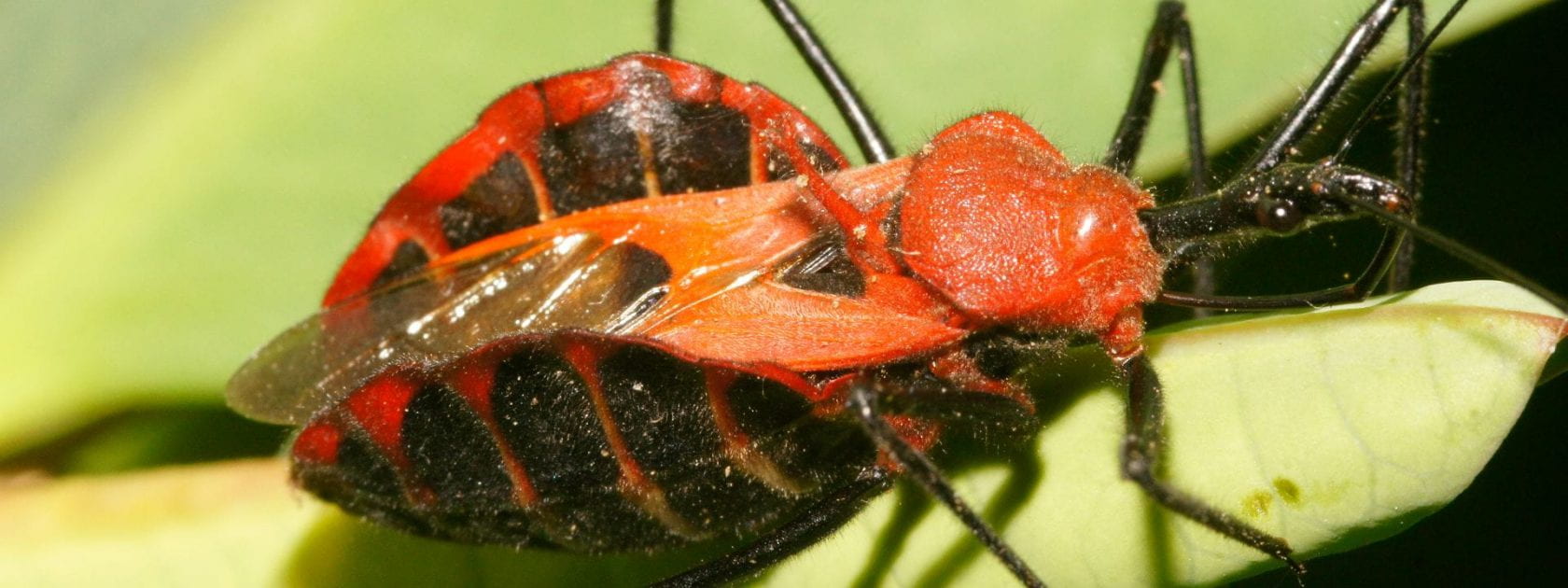The University of Guelph offers several courses in entomology and entomology-related fields. For current course offerings, please visit the current Course Calender.
Natural History and Diversity Courses
Apiculture and Honey Bee Biology (ENVS*2210)
This course is an introduction to the broad field of beekeeping. It includes honey bee biology and behaviour, management for honey production, products of the hive, pests and enemies and the value of bees as pollinators of agricultural crops.
Insect Diversity and Biology (ENVS*3090)
This course is an overview of insect diversity and biology emphasizing groups of importance in conservation biology, outdoor recreation and economic entomology. Labs focus on insect identification and the development of a small insect collection.
Pollinator Conservation (ENVS*4070)
This course will explore the ecology of pollination with an emphasis on the roles animals play in pollen movement. Students will critically examine hypothesized drivers of regional, national and global pollinator declines, and the range of potential strategies suggested to mitigate or reverse these declines. Students will examine the efficacy of a wide range of pollinator conservation strategies in different geographical, ecological and economic contexts to help them build an understanding of the available toolbox for conservation.
Biology of Aquatic Insects (ENVS*4230)
This course is a study of the adult and immature forms of aquatic insects. Students are required to present a collection of at least 200 insect specimens identified to genus.
Field Entomology (ENVS*4260)
This course is taught in late April or May. The course provides an introduction to insect sampling, observation, identification, and experimentation in field settings. The course has two components: observing, collecting and identifying specimens representing more than 20 families and an experimental component involving one or more studies to test hypotheses about the ecology or behaviour of insects. The field course has previously been offered in locations in the USA, Central America, South America, India and Vietnam. Additional course fees apply and cover the costs of room, board, supplies, and transportation to the field site(s). Detailed information on dates, when to apply, availability and location can be obtained by contacting Dr. Andrew Young. Students interested in taking this course can check out the the previous info video and course outline for 2020, and the video that a previous grad student made about the 2018 trip to Soltis, Costa Rica.

Applied Entomology Courses
Pesticides and the Environment (ENVS*3020)
This course examines the role and use of pesticides by various facets of society and the effect of these pesticides on biological activities in the environment. Preparation of a research proposal is required for the course.
Integrated Management of Invasive Insect Pests (ENVS*4100)
This course explores the concept of integrated pest management as it applies to the mitigation of invasive insect pests associated with agricultural and forest ecosystem.
Insecticide Biological Activity and Resistance (ENVS*4180)
This course explores the diverse modes of action of botanical, microbial and synthetic insecticides. Detoxification mechanisms, selectivity, resistance management and the process of pesticide discovery and development are also considered. The course includes a review of insect physiological systems and discussion of the stability and distribution of pesticides in the environment.


